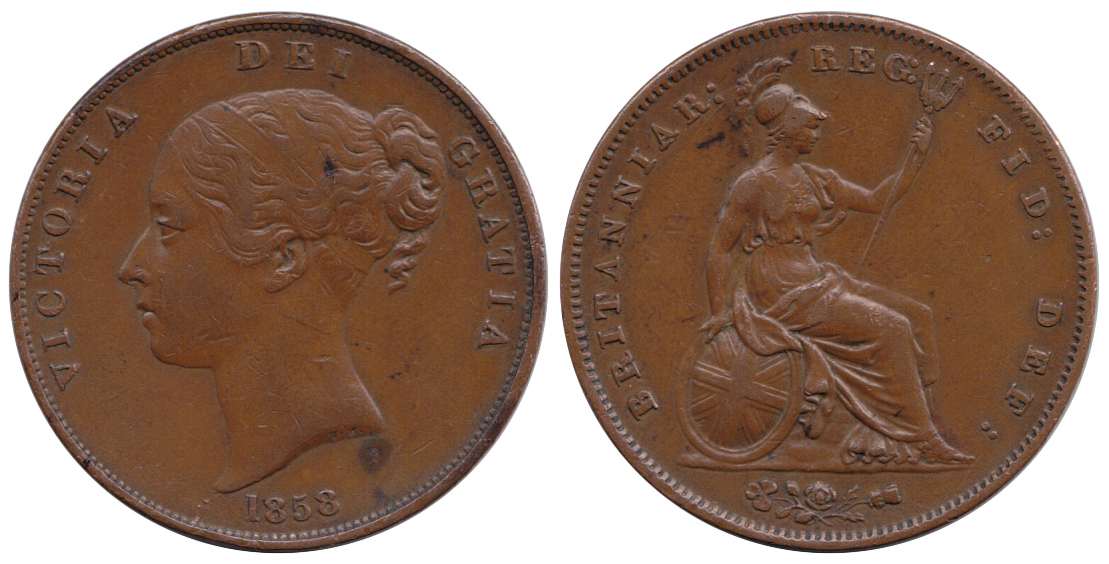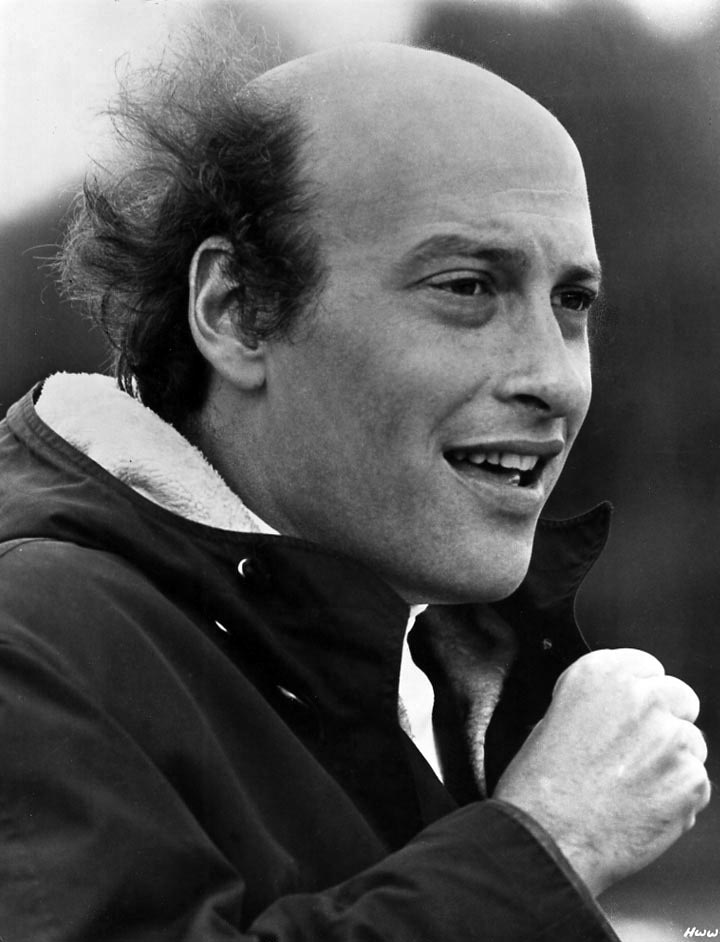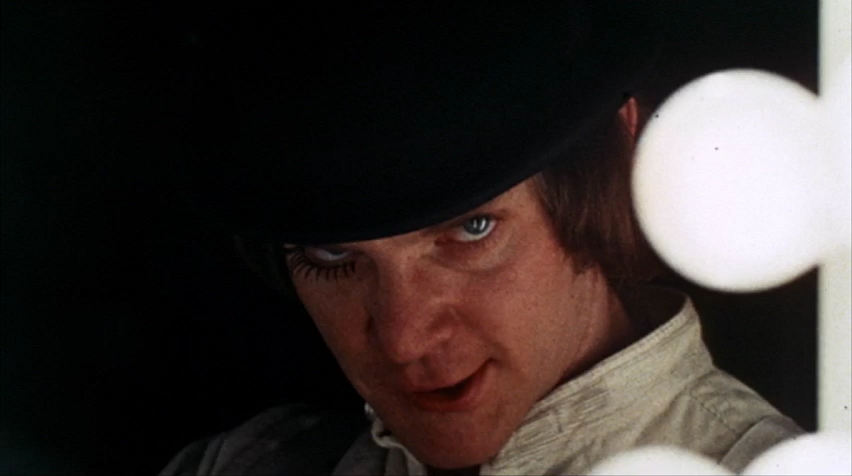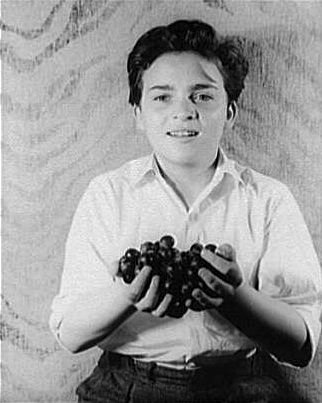|
Eady Levy
The Eady Levy was a tax on box-office receipts in the United Kingdom, intended to support the British film industry. It was introduced in 1950 as a voluntary levy as part of the Eady plan, named after Sir Wilfred Eady, a Treasury official. The levy, paid into the British Film Production Fund, was made compulsory in 1957 and terminated in 1985. Background A levy was first proposed by Harold Wilson, then president of the Board of Trade, in 1949. The levy was intended to assist producers of British films. A direct governmental payment to British-based producers would have qualified as a subsidy under the terms of the General Agreement on Tariffs and Trade, and would have led to objections from American film producers. An indirect levy did not qualify as a subsidy, and so was a suitable way of providing additional funding for the UK film industry whilst avoiding criticism from abroad. Establishment The Eady Levy came into effect on 9 September 1950 on a voluntary basis to subsidi ... [...More Info...] [...Related Items...] OR: [Wikipedia] [Google] [Baidu] |
Box-office
A box office or ticket office is a place where tickets are sold to the public for admission to an event. Patrons may perform the transaction at a countertop, through a hole in a wall or window, or at a wicket. By extension, the term is frequently used, especially in the context of the film industry, as a synonym for the amount of business a particular production, such as a film or theatre show, receives. The term is also used to refer to a ticket office at an arena or a stadium. ''Box office'' business can be measured in the terms of the number of tickets sold or the amount of money raised by ticket sales (revenue). The projection and analysis of these earnings is greatly important for the creative industries and often a source of interest for fans. This is predominant in the Hollywood movie industry. To determine if a movie made a profit, it is not correct to directly compare the box office gross with the production budget, because the movie theater keeps nearly half of th ... [...More Info...] [...Related Items...] OR: [Wikipedia] [Google] [Baidu] |
Penny (British Pre-decimal Coin)
The British pre-decimal penny was a denomination of sterling coinage worth of one pound or of one shilling. Its symbol was ''d'', from the Roman denarius. It was a continuation of the earlier English penny, and in Scotland it had the same monetary value as one pre-1707 Scottish shilling. The penny was originally minted in silver, but from the late 18th century it was minted in copper, and then after 1860 in bronze. The plural of "penny" is "pence" when referring to an amount of money, and "pennies" when referring to a number of coins. Thus 8''d'' is eight pence, but "eight pennies" means specifically eight individual penny coins. Before Decimal Day in 1971, sterling used the Carolingian monetary system (£sd), under which the largest unit was a pound (£) divisible into 20 shillings (s), each of 12 pence (d). The penny was withdrawn in 1971 due to decimalisation, and replaced (in effect) by the decimal half new penny, with p being worth 1.2''d''. History The kingdoms o ... [...More Info...] [...Related Items...] OR: [Wikipedia] [Google] [Baidu] |
A Hard Day's Night (film)
''A Hard Day's Night'' is a 1964 musical comedy film directed by Richard Lester and starring the English rock band the Beatles—John Lennon, Paul McCartney, George Harrison, and Ringo Starr—during the height of Beatlemania. It was written by Alun Owen and originally released by United Artists. The film portrays 36 hours in the lives of the group as they prepare for a television performance. The film was a financial and critical success and was nominated for two Academy Awards including Best Original Screenplay. Forty years after its release, ''Time'' magazine rated it as one of the 100 all-time great films. In 1997, British critic Leslie Halliwell described it as a "comic fantasia with music; an enormous commercial success with the director trying every cinematic gag in the book" and awarded it a full four stars. The film is credited as being one of the most influential of all musical films, inspiring numerous spy films, the Monkees' television show and pop music videos, ... [...More Info...] [...Related Items...] OR: [Wikipedia] [Google] [Baidu] |
The Beatles
The Beatles were an English Rock music, rock band, formed in Liverpool in 1960, that comprised John Lennon, Paul McCartney, George Harrison and Ringo Starr. They are regarded as the Cultural impact of the Beatles, most influential band of all time and were integral to the development of counterculture of the 1960s, 1960s counterculture and popular music's recognition as an art form. Rooted in skiffle, beat music, beat and 1950s rock and roll, rock 'n' roll, their sound incorporated elements of classical music and traditional pop in innovative ways; the band also explored music styles ranging from folk music, folk and Music of India, Indian music to Psychedelic music, psychedelia and hard rock. As Recording practices of the Beatles, pioneers in recording, songwriting and artistic presentation, the Beatles revolutionised many aspects of the music industry and were often publicised as leaders of the era's Baby boomers, youth and sociocultural movements. Led by primary songwriter ... [...More Info...] [...Related Items...] OR: [Wikipedia] [Google] [Baidu] |
Richard Lester
Richard Lester Liebman (born January 19, 1932) is an American retired film director based in the United Kingdom. He is best known for directing the Beatles' films '' A Hard Day's Night'' (1964) and ''Help!'' (1965), and the superhero films ''Superman II'' (1980) and ''Superman III'' (1983). His other notable films as director include '' The Running Jumping & Standing Still Film'' (1959), '' The Knack ...and How to Get It'' (1965), '' A Funny Thing Happened on the Way to the Forum'' (1966), ''How I Won the War'' (1967), ''Petulia'' (1968), ''The Three Musketeers'' (1973) and its two sequels, ''Robin and Marian'' (1976), and '' Butch and Sundance: The Early Days'' (1979). He is an Honorary Associate of London Film School. According to the British Film Institute, "if any single director can encapsulate the popular image of Britain in the Swinging Sixties, then it is probably Richard Lester. With his use of flamboyant cinematic devices and liking for zany humour, he captured the v ... [...More Info...] [...Related Items...] OR: [Wikipedia] [Google] [Baidu] |
A Clockwork Orange (film)
''A Clockwork Orange'' is a 1971 dystopian crime film adapted, produced, and directed by Stanley Kubrick, based on Anthony Burgess's 1962 novel of the same name. It employs disturbing, violent images to comment on psychiatry, juvenile delinquency, youth gangs, and other social, political, and economic subjects in a dystopian near-future Britain. Alex (Malcolm McDowell), the central character, is a charismatic, antisocial delinquent whose interests include classical music (especially Beethoven), committing rape, theft, and ultra-violence. He leads a small gang of thugs, Pete (Michael Tarn), Georgie ( James Marcus), and Dim (Warren Clarke), whom he calls his ''droogs'' (from the Russian word друг, which is "friend", "buddy"). The film chronicles the horrific crime spree of his gang, his capture, and attempted rehabilitation via an experimental psychological conditioning technique (the "Ludovico Technique") promoted by the Minister of the Interior ( Anthony Sharp). Alex ... [...More Info...] [...Related Items...] OR: [Wikipedia] [Google] [Baidu] |
A Space Odyssey (film)
''2001: A Space Odyssey'' is a 1968 science fiction novel written by Arthur C. Clarke and the 1968 film directed by Stanley Kubrick. It is a part of Clarke's ''Space Odyssey'' series, the first of four novels and two films. Both the novel and the film are partially based on Clarke's 1948 short story " The Sentinel", an entry in a BBC short story competition, and "Encounter in the Dawn", published in 1953 in the magazine ''Amazing Stories''. Resources After deciding on Clarke's 1948 short story "The Sentinel" as the starting point, and with the themes of man's relationship with the universe in mind, Clarke sold Kubrick five more of his stories to use as background materials for the film. These included "Breaking Strain", "Out of the Cradle, Endlessly Orbiting...", "Who's There?", "Into the Comet", and "Before Eden". Additionally, important elements from two more Clarke stories, "Encounter in the Dawn" and (to a somewhat lesser extent) "Rescue Party", made their way into ... [...More Info...] [...Related Items...] OR: [Wikipedia] [Google] [Baidu] |
Lolita (1962 Film)
''Lolita'' is a 1962 psychological comedy-drama film directed by Stanley Kubrick and based on the 1955 novel of the same title by Vladimir Nabokov, who is also credited with writing the screenplay. The film follows Humbert Humbert, a middle-aged literature lecturer who becomes sexually infatuated with Dolores Haze (nicknamed "Lolita"), a young adolescent girl. It stars James Mason, Shelley Winters, Peter Sellers and, as the titular character, Sue Lyon. Owing to restrictions imposed by the Motion Picture Production Code, the film toned down the most provocative aspects of the novel, sometimes leaving much to the audience's imagination. The actress who played Lolita, Sue Lyon, was 14 at the time of filming. ''Lolita'' polarized contemporary critics for its controversial depictions of child sexual abuse. Years after its release, Kubrick expressed doubt that he would have attempted to make the film had he fully understood how severe the censorship limitations on it would be. Re ... [...More Info...] [...Related Items...] OR: [Wikipedia] [Google] [Baidu] |
Stanley Kubrick
Stanley Kubrick (; July 26, 1928 – March 7, 1999) was an American film director, producer, screenwriter, and photographer. Widely considered one of the greatest filmmakers of all time, his films, almost all of which are adaptations of novels or short stories, cover a wide range of genres and are noted for their innovative cinematography, Black comedy, dark humor, realistic attention to detail and extensive set designs. Kubrick was raised in the Bronx, New York City, and attended William Howard Taft High School (New York City), William Howard Taft High School from 1941 to 1945. He received average grades but displayed a keen interest in literature, photography, and film from a young age, and taught himself all aspects of film production and directing after graduating from high school. After working as a photographer for ''Look (American magazine), Look'' magazine in the late 1940s and early 1950s, he began making short films on shoestring budgets, and made his first major Ho ... [...More Info...] [...Related Items...] OR: [Wikipedia] [Google] [Baidu] |
John Huston
John Marcellus Huston ( ; August 5, 1906 – August 28, 1987) was an American film director, screenwriter, actor and visual artist. He wrote the screenplays for most of the 37 feature films he directed, many of which are today considered classics, including '' The Maltese Falcon'' (1941), '' The Treasure of the Sierra Madre'' (1948), ''The Asphalt Jungle'' (1950), '' The African Queen'' (1951), '' The Misfits'' (1961), '' Fat City'' (1972), ''The Man Who Would Be King'' (1975) and ''Prizzi's Honor'' (1985). During his 46-year career, Huston received 15 Academy Award nominations, winning twice. He also directed both his father, Walter Huston, and daughter, Anjelica Huston, to Oscar wins. In his early years, Huston studied and worked as a fine art painter in Paris. He then moved to Mexico and began writing, first plays and short stories, and later working in Los Angeles as a Hollywood screenwriter, and was nominated for several Academy Awards writing for films directed by ... [...More Info...] [...Related Items...] OR: [Wikipedia] [Google] [Baidu] |
Stanley Donen
Stanley Donen ( ; April 13, 1924 – February 21, 2019) was an American film director and choreographer whose most celebrated works are '' On the Town,'' (1949) and ''Singin' in the Rain'' (1952), both of which he co-directed with Gene Kelly. His other films include ''Royal Wedding'' (1951), ''Seven Brides for Seven Brothers'' (1954), ''It's Always Fair Weather'' (1955), ''Funny Face'' (1957), '' Indiscreet'' (1958), and ''Charade'' (1963). Donen began his career in the chorus line on Broadway for director George Abbott, where he befriended Kelly. From 1943, he worked in Hollywood as a choreographer before collaborating with Kelly. After ''On the Town'', Donen worked as a contract director for MGM under producer Arthur Freed producing critically well-received box-office hits. Donen and Kelly co-directed the musical ''Singin' in the Rain'', released in April 1952, which has appeared on lists of the best films ever made. Donen's relationship with Kelly deteriorated during thei ... [...More Info...] [...Related Items...] OR: [Wikipedia] [Google] [Baidu] |
Sidney Lumet
Sidney Arthur Lumet ( ; June 25, 1924 – April 9, 2011) was an American film director. He was nominated five times for the Academy Award: four for Best Director for ''12 Angry Men'' (1957), ''Dog Day Afternoon'' (1975), ''Network'' (1976), and ''The Verdict'' (1982) and one for Best Adapted Screenplay for ''Prince of the City'' (1981). He did not win an individual Academy Award, but did receive an Academy Honorary Award, and 14 of his films were nominated for Oscars. According to ''The Encyclopedia of Hollywood'', Lumet was one of the most prolific filmmakers of the modern era, directing more than one movie a year on average since his directorial debut in 1957. Turner Classic Movies notes his "strong direction of actors", "vigorous storytelling" and the "social realism" in his best work. Film critic Roger Ebert described him as "one of the finest craftsmen and warmest humanitarians among all film directors".Ebert, Roger"Sidney Lumet: In memory"''Chicago Sun Times,'' Apr ... [...More Info...] [...Related Items...] OR: [Wikipedia] [Google] [Baidu] |





.jpg)
.jpg)
